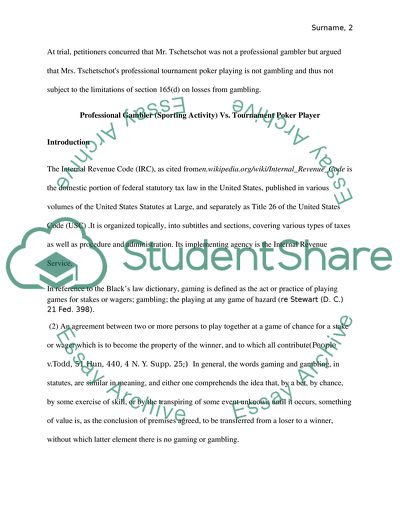Cite this document
(“Commissioner Of Internal Revenue Research Paper”, n.d.)
Commissioner Of Internal Revenue Research Paper. Retrieved from https://studentshare.org/law/1850599-tax-law
Commissioner Of Internal Revenue Research Paper. Retrieved from https://studentshare.org/law/1850599-tax-law
(Commissioner Of Internal Revenue Research Paper)
Commissioner Of Internal Revenue Research Paper. https://studentshare.org/law/1850599-tax-law.
Commissioner Of Internal Revenue Research Paper. https://studentshare.org/law/1850599-tax-law.
“Commissioner Of Internal Revenue Research Paper”, n.d. https://studentshare.org/law/1850599-tax-law.


